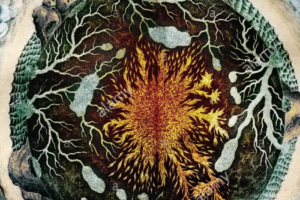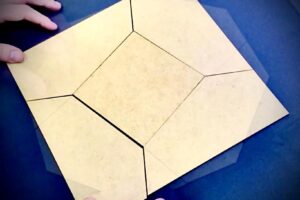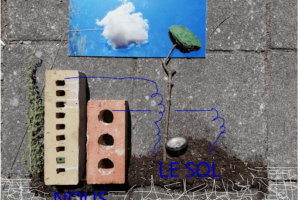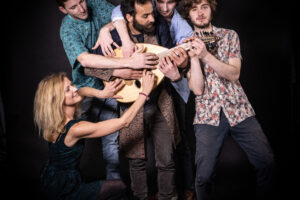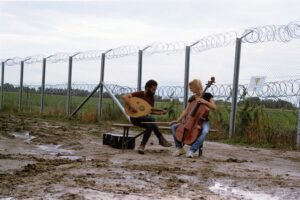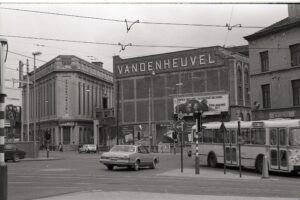This walk is only available in FR – NL
Gare de l’Ouest has all the makings of a lively town centre: all the metro lines cross here, the train stops here and it lies along the busy Chaussée de Ninove. The Ekla tower block and the neighbourhood renewal contracts are bringing new residents to the area.
And yet it often remains quiet, the Wild West of Molenbeek. A Brukselbinnensteubuiten guide takes you on a tour of a hidden aspect of the neighbourhood. Away from the traffic of the main thoroughfares, you’ll discover the urban traces of committed residents and a strong community dynamic (collective vegetable garden, self-managed park, socio-cultural venues, etc.). Saturday’s visit will end with a visit to the ‘carré & co’ neighbourhood urban design workshop.
This tour is available in NL at 13:00 and in FR at 15:00.
To register for this activity, click here.


